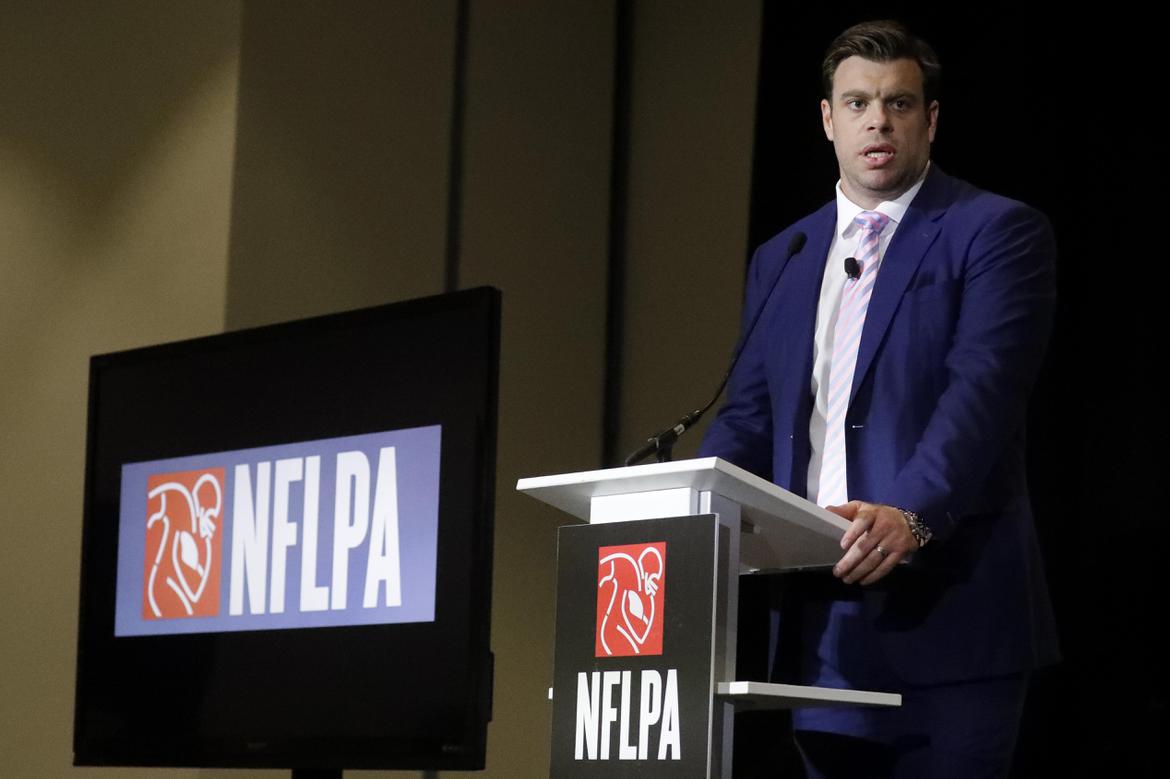The recent news of the Title IX lawsuit filed by a former Baylor student alleging, among other things, that “52 acts of rape, including five gang rapes, by no fewer than 31 Baylor football players from 2011 to 2014” has lead to yet another discussion as to whether a scandal should result in a college football program receiving the NCAA’s dreaded “death penalty” (i.e. banning a university from competition in a sport for at least a year).
Although allegations against them pale in comparison to the ones asserted in the aforementioned Baylor lawsuit, the University of Miami faced similar speculation back in August 2011 after Yahoo! Sports published a bombshell story detailing claims from a former University of Miami football booster turned felon that he “provided thousands of impermissible benefits to at least 72 [UM] athletes” (mostly football players) from 2002-2010. The article prompted some immediate declarations that the UM football program would receive the death penalty…
I don't see any way Miami doesn't get the death penalty. This makes SMU look good in comparison and Reggie Bush situation laughable.
— Brendan Darr (@BrendanDarr) August 17, 2011
https://twitter.com/chrisrandle_ad/status/103905672692899840
Yeah miami finna get the death penalty
— Aaron Ernest (@TheTrackMamba) August 17, 2011
Miami about to get the Death penalty like SMU did.. smh
— Keith Marshall (@Truthh4) August 17, 2011
I don't see how Miami doesn't get a death penalty type punishment.
— Peter Fleischer (@Peter_Fleischer) August 17, 2011
Take time to read this. EXPLOSIVE job done by Yahoo on Miami football. Over, done, goodbye.
Death penalty, folks http://t.co/B7NtIhY
— Carmichael Dave (@CarmichaelDave) August 17, 2011
Smh at dis alleged Miami U scandal… I see the "Death Penalty" n d near future.
— Rafael Priest (@PresidentPriest) August 17, 2011
Just read the accusations and admissions by the former U of Miami booster who is in jail. Can we say DEATH PENALTY for the U fb program?
— Shawn Clynch (@ShawnC_ATX) August 17, 2011
Hard to see anything but a death penalty style shutdown in Miami if these reports are all true.
— Matt Miller (@nfldraftscout) August 16, 2011
Certain journalists didn’t actually go so far as predicting Miami would receive the death penalty, but strongly advocated that the NCAA should levy it in this case.
USA Today’s Dan Wolken, then writing for (the now defunct) The Daily made the argument:
https://twitter.com/daily/status/103791942588047360
From the article:
If [former University of Miami Athletic Director and former member of the NCAA’s Committee of Infractions Paul] Dee left any legacy on the Committee on Infractions, it’s this: The committee sends whatever message it wants to send, whether there’s evidence the school knew or not. And now that his former program is about to be served up on a platter, there’s no doubt what that message needs to be.
It’s time to put the “death penalty” back on the table. It’s time to shut down Miami football.
ESPN’s Mark May joined in as well:
'Mark May still believes Miami Hurricanes should get the death penalty…' http://t.co/uHdr56z
— Billy Corben (@BillyCorben) September 1, 2011
As did best-selling author Buzz Bissinger (via The Daily Beast):
…The Miami football program must be given the death penalty by the NCAA. Not for one year. Or two. But forever. Gone. Kaput. Who will really suffer? Only the Wahoos who care about the Hurricanes more than they do their families—and need to get another life, anyway. The coaches? The players? If they have talent, they will all land somewhere else. In the real world, three strikes and you’re out. In the athletic world, three strikes and you’re just beginning. Who benefits? A university that perhaps may realize its primary mission is, can you believe it, academic and not athletic.
It isn’t as if the Miami program has been the white dove of peace in the past. No college football team has had a greater legacy of disgust.
All of the aforementioned tweets and articles were all posted in spite of the fact that the NCAA has not handed down the death penalty to a Division I athletics program since 1987 (SMU). Eventually, the NCAA penalized “The U”‘s football program with “nine scholarship losses over 3 seasons,” a far cry from the death penalty.
Maybe we should refrain from jumping the gun so quickly this time around.




